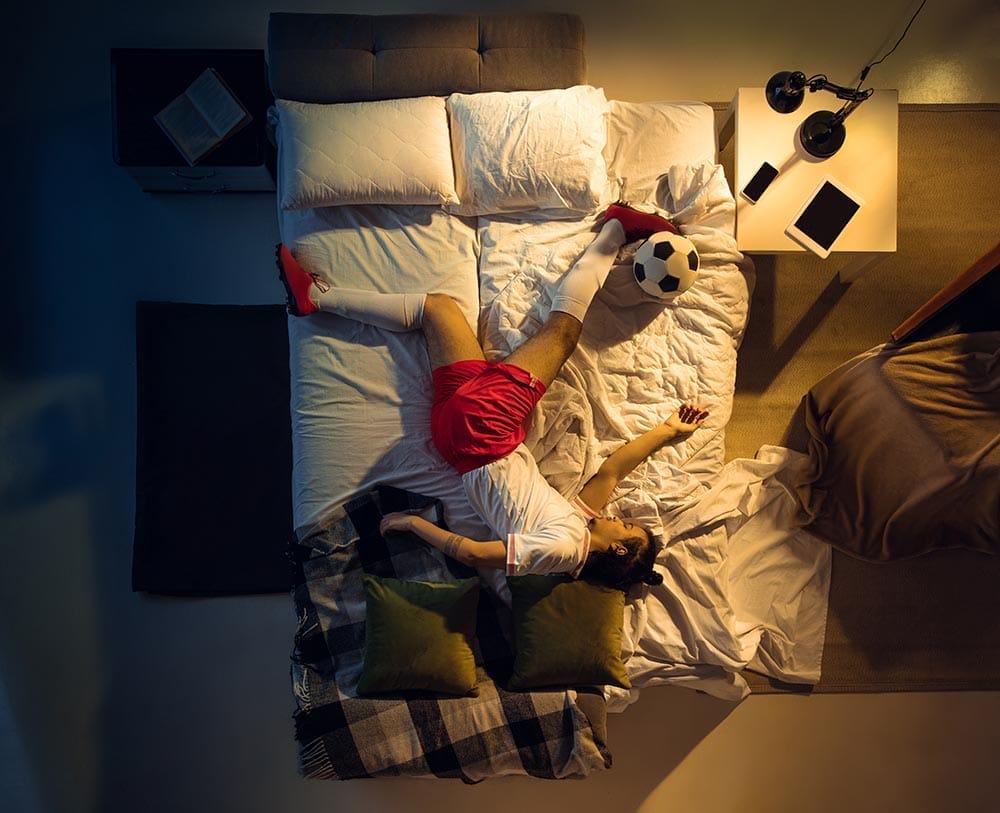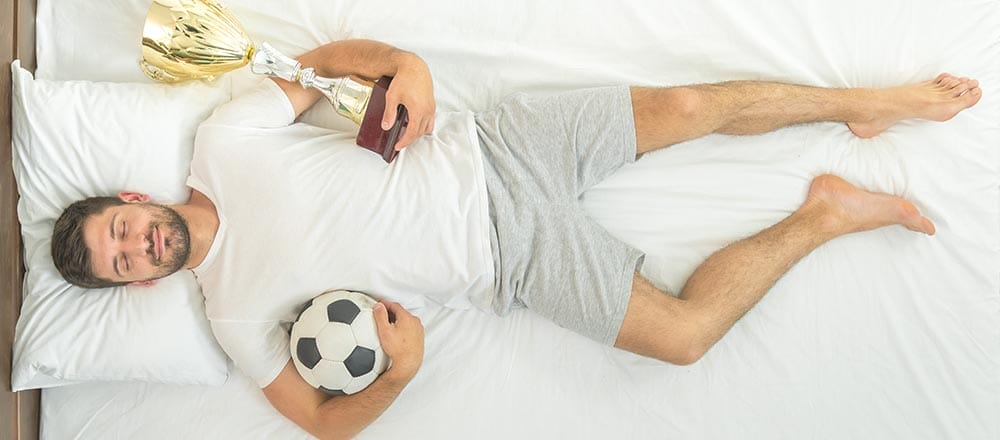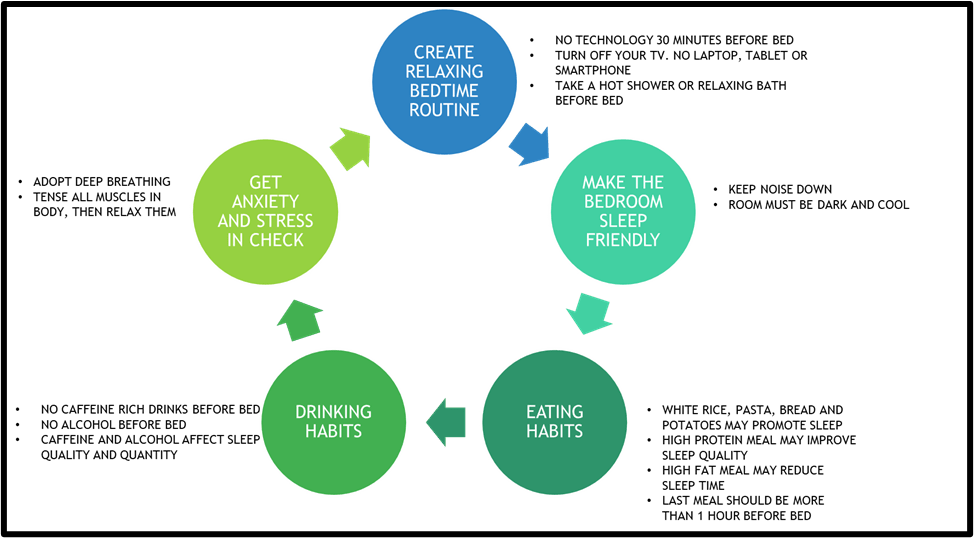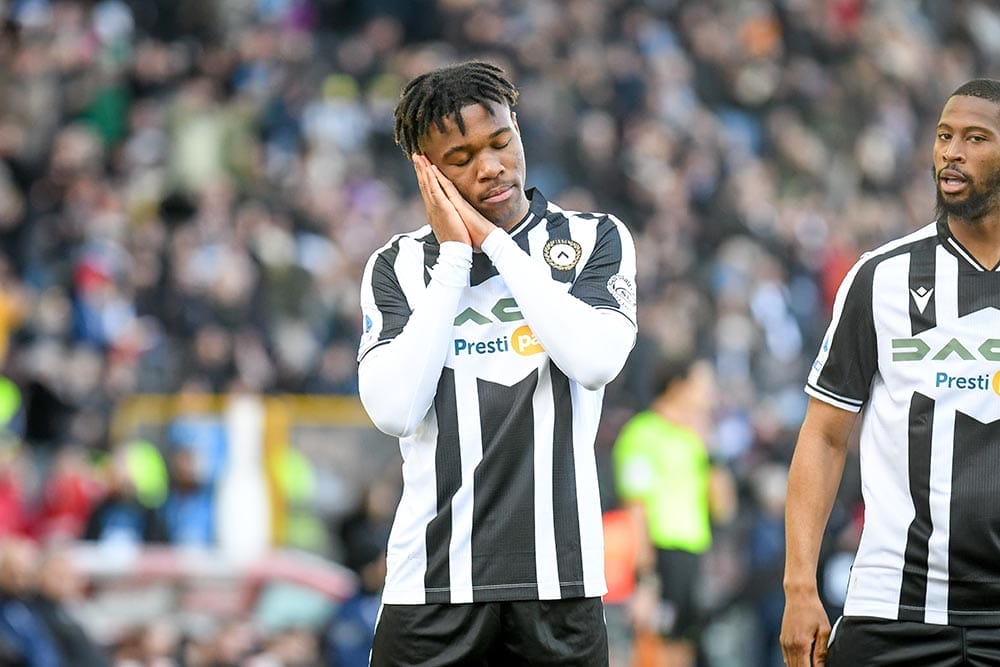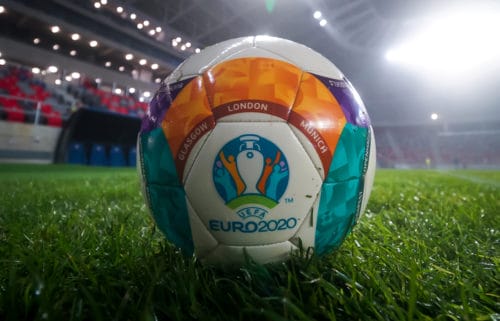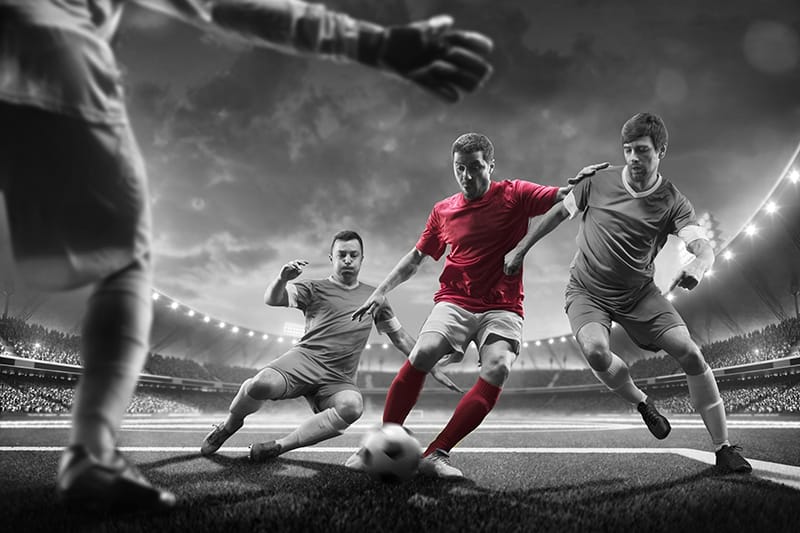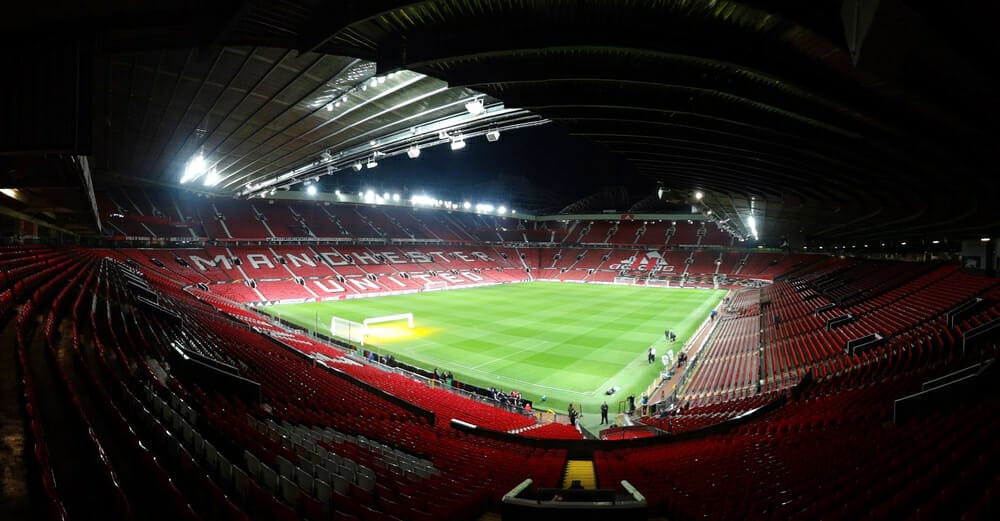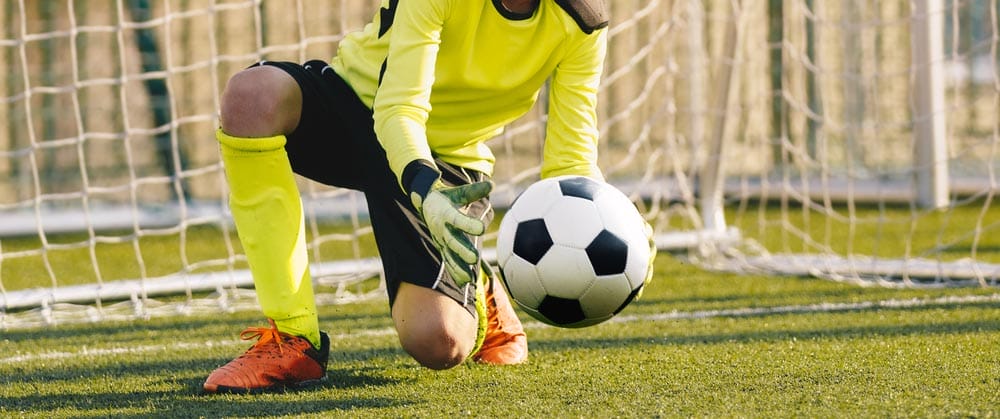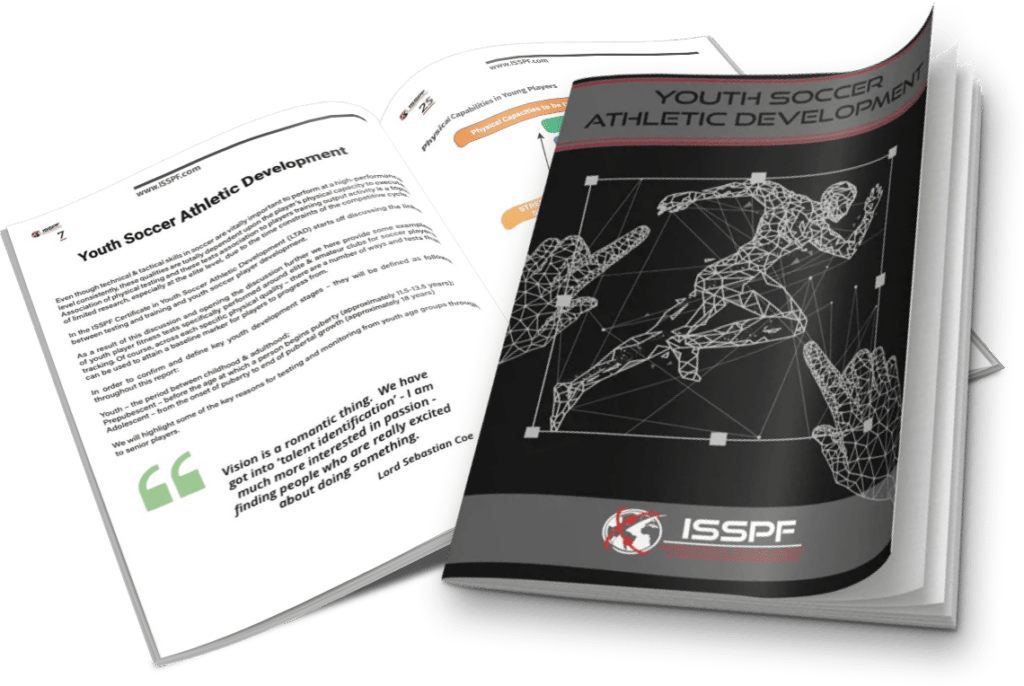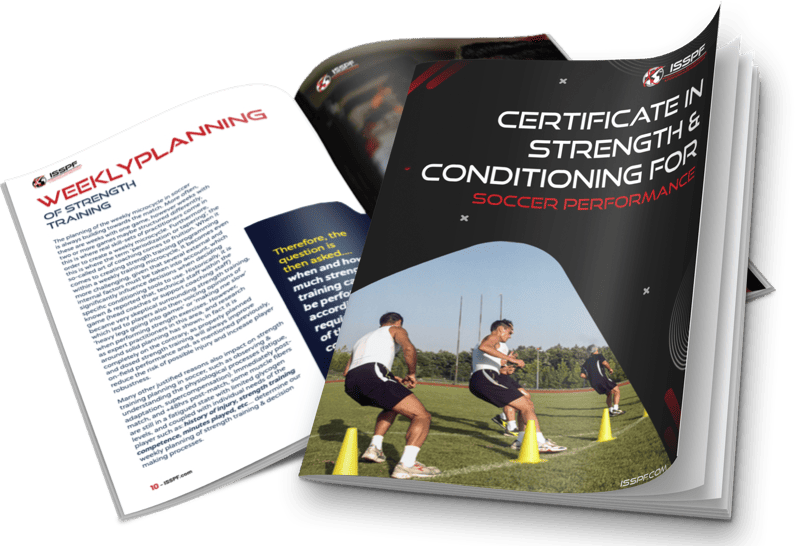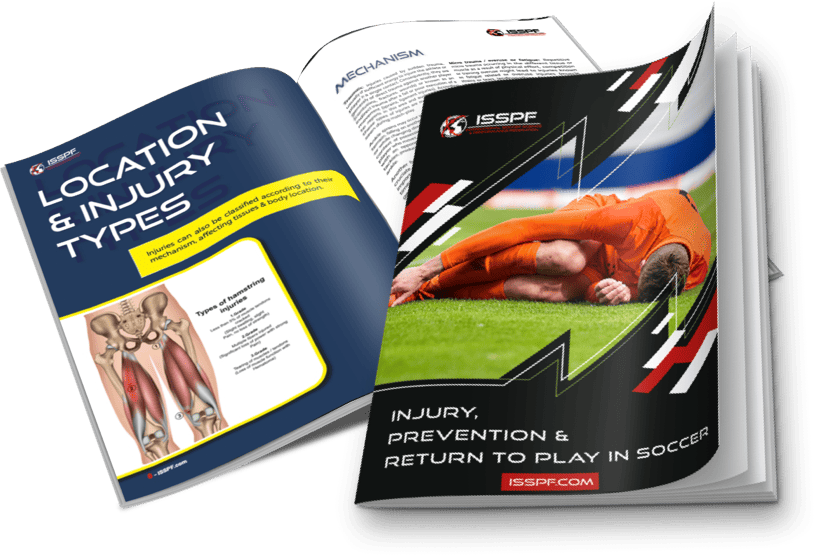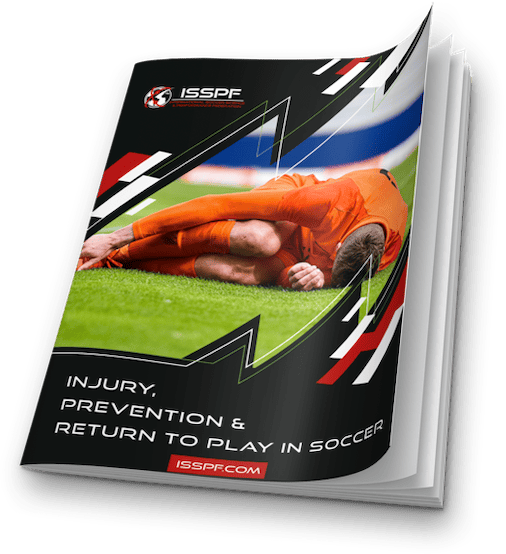Written by: Joshua Smith MSc., PGDip, BSc (HONS) (High Performance Director)
There are always key phases in the demanding football season that requires a more focussed approach around the player & staff recovery. Without being able to balance recovery, training and competitive demands then generally it will be very difficult to maintain elite performance. This article highlights and deep dives into one of the most underappreciated recovery tools available, sleep.
More and more research is being performed around this key area & ‘free’ recovery tool in the game across a range of levels from the youth to senior professional, & international games when concerned with transatlantic or continental fixtures. Some of the most important questions posed around maximising this recovery tool are those such as:
- Why is sleep important in football?
- How can sleep influence physical performance?
So, why is sleep such a valuable recovery tool?
Well, it’s been found to provide important psychological and physiological functions that are fundamental to the recovery process (Silva et al., 2021). Without drilling down into these functions, as that is not the theme of this article, when someone sleeps, various hormones are released that allow for physiological recovery, whilst sleep is also associated with improved learning and motor memory, as well as cognitive recovery and decision-making capacity (Nedelec et al., 2015a; Silva et al., 2021). This is reinforced by several studies that have shown that a loss in sleep has negative consequences both physically and cognitively (Bonnar et al., 2018).
There are several variables that can interfere with sleep onset and quality, such as, playing in night matches, napping during the day, caffeine consumption and alcohol consumption, resulting in sleep deprived players and have a reduced capacity to perform (Nedelec et al., 2015a; Nedelec et al., 2015b). Considering the interplay between performance and sleep, and how footballers are regularly exposed to situations that limit their sleep quality and/or quantity, it’s important to try and mitigate that, and ensure peak athletic performance.
Sleep and Performance
In conducting a basic review of the literature, it has been suggested that sleep is “the best recovery strategy available to an athlete” (Bonnar et al., 2018). With this in mind, there are 3 categories of methods that are available for athletes and coaches to explore that maximize sleep-ability. We will focus on “sleep extension” and “sleep hygiene” in this article.
Image: Table 1: Sleep intervention categories (Sourced from Bonnar et al., 2018).
Sleep Extension
Bonnar and colleagues (2018) conducted a systematic review on athlete sleep interventions, where they reviewed two papers that investigated total sleep duration interventions – i.e., increase the total sleep time of the athletes to see if it had an effect on performance. It was found in both studies that an increase in total sleep duration per day, including naps, was led to a range of improvements, both physical and technical. Both sets of studies indicated that athletes were getting on average 8.4-8.85 hours of sleep per day, and that a total period of 1 week following this protocol is required to see the benefits associated.
Sleep Hygiene
There are a number of sleep hygiene strategies that can be implemented to improve sleeping conditions of players, this is particularly important when players are involved in late night fixtures. Fullagar and colleagues (2016) investigated the use of a sleep hygiene strategy (SHS) versus allowing players to proceed with their normal post-game routine (NSHS). The SHS players were in their bedrooms as soon as possible after dinner, with the bedrooms dimmed and ear plugs and eyes masks provide, and the rooms at an average temperature of 17 degrees Celsius. No technological stimulation was allowed 15-30 minutes before bed, and lights were turned off at 00:00. It was found that the SHS group had a greater sleep duration, however, there was no improvement in physical performance measures. It can be argued that lack of an extended intervention and implementation of SHS in this study is the reason for the lack of performance related benefits.
The concept of an extended SHS intervention was investigated by Harada et al., (2015), with it being found that over a 1-month period, there was a greater subjective improvement in soccer performance, whilst at the 3-month follow-up period, it was found that the players had better sleep quality, had shifted to being a “morning person” and reported significant improvement in soccer performance.
Image: Figure 1: Sleep hygiene considerations (Adapted from YLMSportScience).
- How long do footballers or soccer players sleep for?
- How much sleep do football players get?
To conclude, sleep certainly has a pivotal role to play in the recovery of players and their ability to perform. This means that various considerations should be made when it comes to the scheduling of training and travelling after late-night fixtures. Athlete education is also incredibly important in this, as players need to be taught good sleep hygiene and how the use of their phone, or the consumption of alcohol may in fact have an effect on their sleep quality – however this is something we dive even deeper into in future articles.
I hope this has highlighted the importance of sleep with regards to recovery and performance, and, at the same time provided you with some new tools to use to improve your own, and that of your players very own sleep hygiene.
Notes
- Why is sleep important in football?
It has been suggested that there is a strong link between poor sleep hygiene and the risk of muscle injuries. It is known that players who sleep <eight hours per night over a 24-month period can have a 1.7 times > risk of developing an injury. As the research has become more evident in this area, players & coaches education in this area has grown.
- How long do footballers sleep for?
In order to maximise performance & produce high levels of consistency each day, it is vitally important for elite athletes or players to achieve between 8-10 hours of sleep per 24-hour period.
- How does sleep affect performance?
Sleep has a positive effect on all aspects of physical development and performance such as speed, accuracy, and reaction time. After a poor night sleep, it is noticeable that you may not able to react as quickly during training or competition game time.
If you are interested and would like to take the next step in your soccer science career, take a look at the courses offered by our Official Education Partner, the International Soccer Science and Performance Federation.
What Next
The demand for sports science, S&C coaches, physiotherapists, performance & coaching specialists in football & team sports is growing year upon year. Thousands of students are leaving university with a sport science degree, physio or therapy related qualification, however many of them asking the key question……
- What now?
- What’s the next step?
- Which area of sport or football science & medicine do I want to specialise in?
- How can I take my learning to the next level?
These are certainly interesting questions as progressing from completing a sporting, medical or therapy related degree to then working in professional football & trying to understanding all the key components, and soft skills that come with jobs in football or careers within sport is complex.
As a result, the bespoke courses developed by ISSPF fitness, medical, sport management & football science faculty members are a way of further exposing learners, parents, professional coaches, students, or other individuals interested in football science with a thirst to develop & up-skill further.
The link below will take you to the hugely popular & expertly designed ISSPF endorsed & accredited courses online sport science course, where you will be exposed to football medicine & coaching science led research, with practical examples used by the game’s leading practitioners.
References:
Bonnar, D. et al. (2018) “Sleep interventions designed to improve athletic performance and recovery: A systematic review of current approaches,” Sports Medicine, 48(3), pp. 683–703. Available at: https://doi.org/10.1007/s40279-017-0832-x.
Fullagar, H. et al. (2016) “The effect of an acute sleep hygiene strategy following a late-night soccer match on recovery of players,” Chronobiology International, 33(5), pp. 490–505. Available at: https://doi.org/10.3109/07420528.2016.1149190.
Harada, T. et al. (2015) “Intervention study using a leaflet entitled ‘three benefits of ‘go to bed early! get up early! and intake nutritionally Rich Breakfast!’ A message for athletes’ to improve the soccer performance of University Soccer Team,” Sleep and Biological Rhythms, 14(S1), pp. 65–74. Available at: https://doi.org/10.1007/s41105-015-0035-5.
Nédélec, M. et al. (2015a) “Sleep hygiene and recovery strategies in elite soccer players,” Sports Medicine, 45(11), pp. 1547–1559. Available at: https://doi.org/10.1007/s40279-015-0377-9.
Nédélec, M. et al. (2015b) “Stress, sleep and recovery in Elite Soccer: A critical review of the literature,” Sports Medicine, 45(10), pp. 1387–1400. Available at: https://doi.org/10.1007/s40279-015-0358-z.
Silva, A.C. et al. (2021) “Sleep extension in athletes: What we know so far – a systematic review,” Sleep Medicine, 77, pp. 128–135. Available at: https://doi.org/10.1016/j.sleep.2020.11.028.
Sleep – page 7 (2017) YLMSportScience. Available at: https://ylmsportscience.com/category/sleep/page/7/ (Accessed: March 28, 2023).
Share this article:
